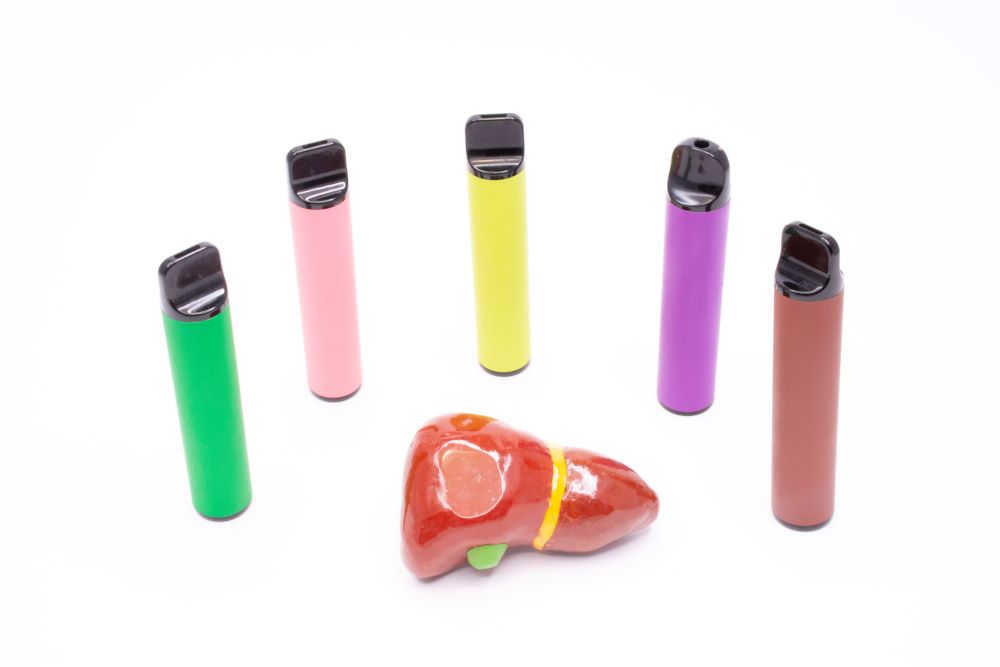
BAT has released a blueprint for how regulators and governments could better regulate vapor products and help smokers switch to less risky products.
During DTNF 2023, held from Sept 18-20 in Seoul, BAT’s global head of business communications, Jonathan Atwood, told attendees how BAT’s five-step plan for regulation could support achieving the right balance between harm reduction and the unintended consequences of access, including underage use.
Speaking on behalf of Kingsley Wheaton, BAT’s chief strategy & growth officer, Atwood said that reckless players in the market need to be penalized when they do not abide by the rules. He said the five suggestions are the areas that regulators should explore and establish “smart regulation” that is right for their market.
“First, on-device technology and functionality: vapor products should be accessible only to adults. Both underage prevention and restriction is crucial. On-device technology, when applied and enforced across entire markets, could help in this regard.
“Second, more recognition is needed that flavors are an important driver of adoption for smokers seeking alternatives. However, flavors in vapor products should not particularly appeal to anyone underage.
“Third is at the manufacturing and import level: ensuring that non-compliant products cannot reach the market in the first place.
“Fourth, where no restrictions exist already, regulators may want to look at who should be able to sell vapor products and where. Reasonable safeguards at the point-of-sale would help ensure these products are sold only to adult consumers. Solutions such as retail licensing and facial recognition technologies should be seriously considered.
“Lastly, enforcement and penalties: governments must wield their power and ensure consumers are purchasing legitimate products. Such measures should be rigorously enforced and those who fail to comply should face meaningful sanctions.”
Atwood said BAT was calling upon governments, regulators, and industry peers to rally towards a sustainable and progressive environment in which vaping products are sold and marketed responsibly.






















